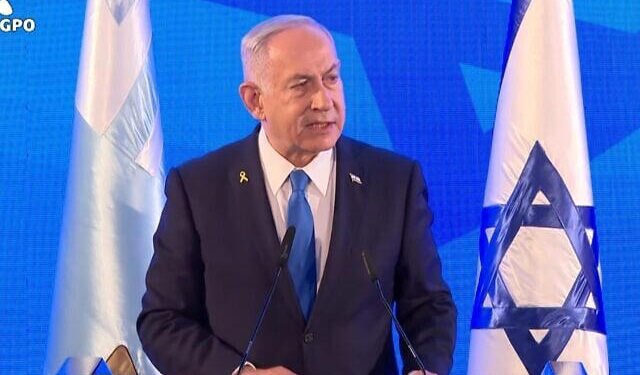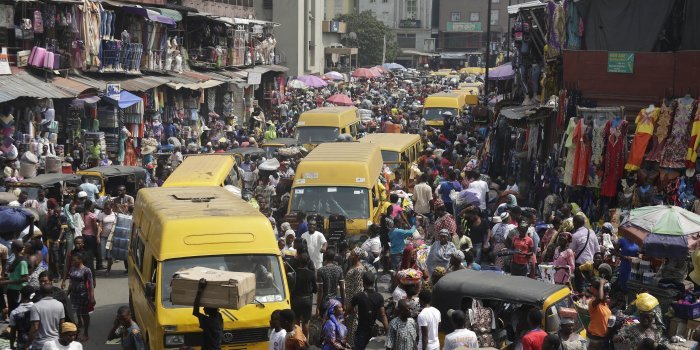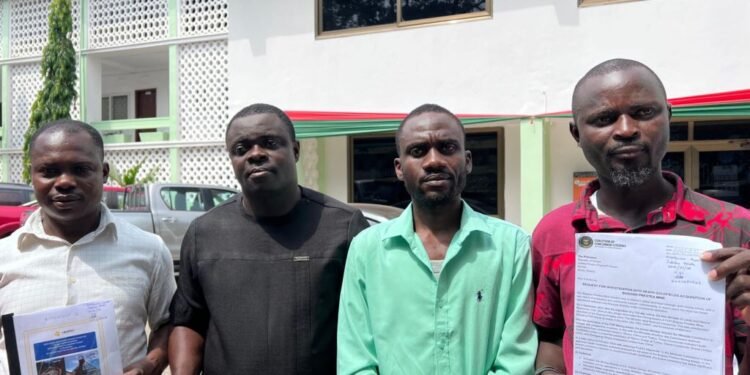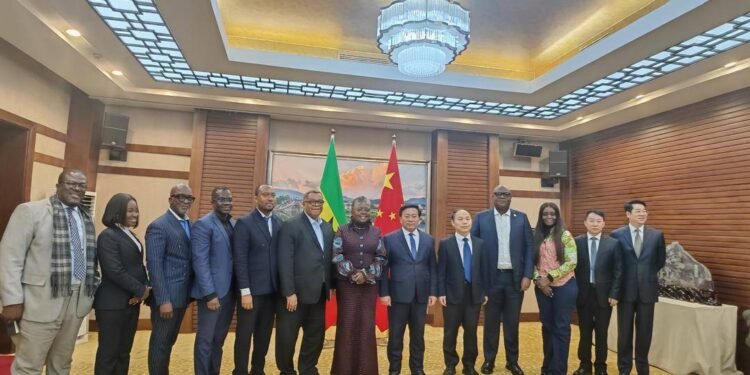A Research Fellow at the Centre for Social Policy Studies (CSPS) at the University of Ghana, Dr. Kwadwo Opoku, has expressed doubt about Ghana achieving its target of increasing revenues from non-traditional exports to USD 5 Billion by the end of 2022 through the help of the Ghana EXIM Bank.
According to him, it is impossible for revenues from non-traditional exports to double this year, looking at the historic trends of revenues mobilized from this category of exports.
“If you look at last two years alone, basically, we cannot achieve that target. Last two years was about $2.8 billion. So, definitely, we cannot double it. We have to understand that setting the target high will not allow us to achieve our aim because the things that we need to put in place to allow us to achieve those targets are not there. The key ingredients are not there.
“So, the target and the things that we know we have to achieve, they have put them in the document and they know what they have to do so that they will get their target. But since, on the field, they have not been able to put those strategies in place, there is no way we can achieve those targets”.
Dr. Kwadwo Opoku
The Ghana EXIM Bank was set up by Act 911 in 2016 to facilitate the country’s international trade and promote its capacity and competitiveness in the international market place. The Bank’s 5 year strategic goals (2017-2022) are to increase revenue from non-traditional exports from its current average of USD 2.4 billion to USD 5 billion, and develop crops such as avocado and cashew into major export products, among others.
National Export Development Strategy
Just like the EXIM Bank, the country’s National Export Development Strategy (NEDS) envisages that in the next 10 years, the country’s Non-Traditional Exports (NTEs) will grow to least $25.3 billion by 2029.
It is expected that this Strategy, with the support of Government and proactive involvement of the private sector, will transform the structure of the Ghanaian economy from raw commodity export to a manufacturing industrial export-driven economy.
However, a year after the strategy was rolled out, Ghana raised a little over $2.84 billion in Non-Traditional Exports (NTEs) in 2020, which according to the Ghana Exports Promotions Authority (GEPA), was a decline of 1.84% over that of 2019.

Commenting on the 2029 target, Dr. Kwadwo Opoku told the Vaultz News that the strategy is overly “ambitious” because based on past trends of growth in NTEs, the target suggests that these exports will increase by 80% each year for the country to hit its target. However, the Economist thinks this will not be an easy thing to achieve.
“With regards to the targets, the NEDS is projecting US$25.3 billion in 2029, if you look at what we are currently doing, which is about US$2.84 billion, you can see that from 2020 to 2029, on average, they are targeting a yearly increase of about 80% to achieve that. You can see that the target is very over ambitious. We need to get details on what is actually going on; there are structural problems and we need to know the policies that are being put in place to help change this target. So, we will miss it just as we are about to miss the EXIM Bank’s target”.
Dr. Kwadwo Opoku
Dr. Kwadwo Opoku indicated that if the country was able to achieve at least 40% of the target in the first year (2020), it would have acted as a pivot “for us to achieve the over 80% yearly increase”. He lamented that “sometimes, we just make targets, developments strategies without putting in place the structures that will allow us achieve those objectives”.
Improving business regulatory environment
One of the pillars of the strategy is to improve the business regulatory environment for export. However, Dr. Kwadwo Opoku stated that government has done little so far to create the conducive environment needed for businesses to operate with ease.
“We can see little has been done, we are still making preparations for Africa Continental Free Trade Area (AfCFTA). We expect to do a lot by reducing all those things that fight against ease of doing business. We have the document, we know what to do but less is being done and so the cost is still high. Trade facilitation is not coming as we hoped, so when AfCFTA gets at its peak, we will be able to reduce it so that it will help us to achieve that aim; to trade among themselves very easily”.
Dr. Kwadwo Opoku
According to him, earnings from exports are revenues to the exporters but the government is only interested because it generates foreign exchange which helps the country to anchor the cedi but not necessarily government revenues.
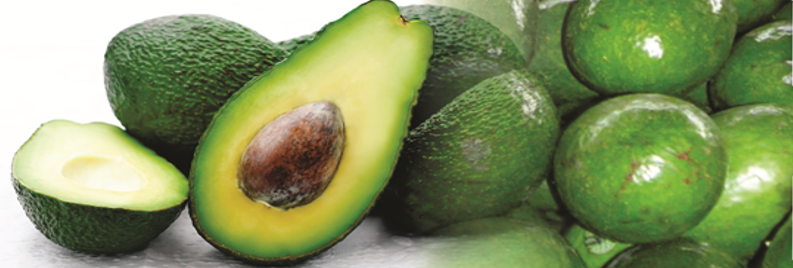
Dr. Kwadwo Opoku indicated that non-traditional exports are an important source of foreign exchange for the country because unlike gold and crude oil that government gets a percentage, earnings from NTEs are solely owned by the citizens of the country and so, any money they make comes into the country.
“These NTEs, because most of them are owned by domestic residents, whatever we earn from outside, it’s a source of direct foreign exchange to Ghana. That is why it is very important for us to do everything that we can do to increase our exports from that. Government needs to provide at times subsidies, in fact, whatever we can do, government has to facilitate it”.
Dr. Kwadwo Opoku
The Economist advised that government through the GEPA, must provide timely information on countries that need the commodities produced locally so that it will make it easier for producers to find trading partners for their products.
READ ALSO: A Country Is Defined By Its Constitution- Political Scientist










